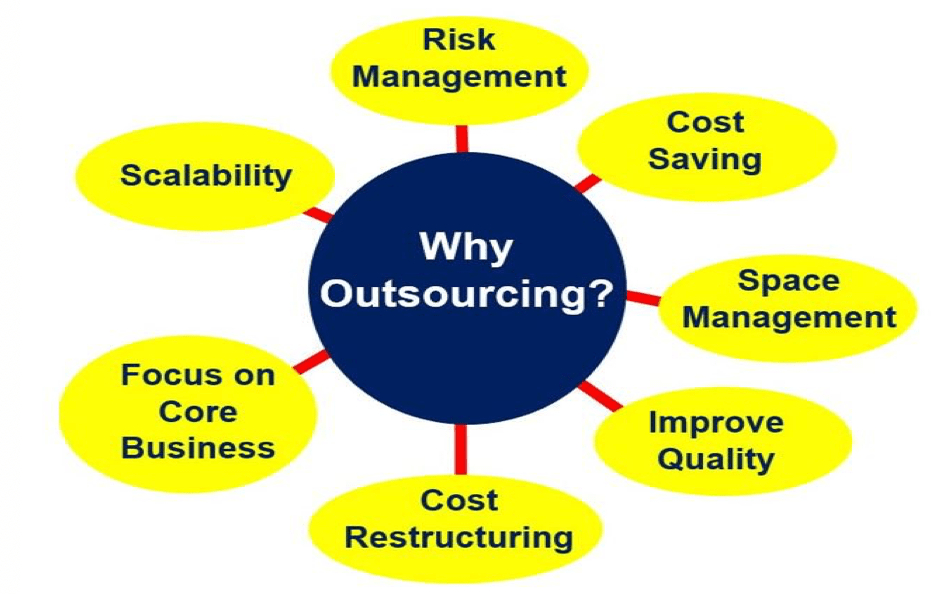
The impact of outsourcing on small business efficiency
Small businesses often struggle to handle all aspects of their operations internally. With limited resources and expertise, it can be challenging to efficiently manage tasks such as customer support, IT infrastructure, and digital marketing. Outsourcing has emerged as a solution for small businesses looking to enhance their efficiency and focus on core competencies.
Improved Focus on Core Competencies
Outsourcing non-core business functions enables small businesses to concentrate their efforts on areas where they excel. By delegating tasks like accounting, human resources, or web development to external experts, companies can allocate more time and resources towards driving innovation, improving product quality, and delivering exceptional customer experiences. This enhanced focus on core competencies often leads to increased efficiency and competitiveness within the industry.
Access to Expertise and Cutting-Edge Technology
Outsourcing allows small businesses to tap into a vast pool of talents readily available in the market. Partnering with specialized outsourcing firms grants access to professionals with expertise in various fields, ensuring high-quality services in areas such as software development, cloud computing, cybersecurity, and digital marketing. Moreover, outsourcing provides the opportunity to leverage cutting-edge technology and infrastructure without significant upfront investments, ultimately boosting operational efficiency.
Cost Reduction and Scalability
Outsourcing can significantly reduce operational costs for small businesses. Hiring and training in-house employees, maintaining equipment and infrastructure, and managing associated overhead expenses can be financially burdensome. By outsourcing, small businesses can save on these costs, paying only for the services they require. Additionally, outsourcing offers scalability options, allowing businesses to easily adjust their resources based on demand, without facing the complexities and costs associated with hiring and firing employees.
Enhanced Flexibility and Agility
Outsourcing provides small businesses with the flexibility and agility required to adapt to market dynamics swiftly. Whether it’s responding to sudden spikes in customer inquiries or scaling operations to meet increased demand, outsourcing offers a scalable workforce that can be adjusted to accommodate changing business needs. This ability to scale quickly improves overall efficiency, preventing setbacks that can arise from being understaffed or overwhelmed during peak periods.
Risk Mitigation and Compliance
Small businesses often struggle to navigate complex regulatory environments and maintain the necessary compliance. Outsourcing certain functions to specialized firms helps mitigate risks associated with legal and regulatory compliance. By partnering with outsourcing providers who have expertise in compliance-related fields, small businesses can ensure they are adhering to industry regulations, avoiding potential penalties, and safeguarding their reputation.
Conclusion
Outsourcing provides small businesses with numerous advantages, enhancing their efficiency, productivity, and competitiveness. By delegating non-core functions to external experts, tapping into a pool of specialized talent, accessing cutting-edge technology, reducing costs, and gaining flexibility, small businesses can concentrate on their core competencies and drive growth. However, it is crucial for businesses to carefully select outsourcing partners, considering factors such as expertise, reliability, and cultural compatibility. When done right, outsourcing can propel small businesses towards long-term success in today’s highly competitive tech-driven landscape.

